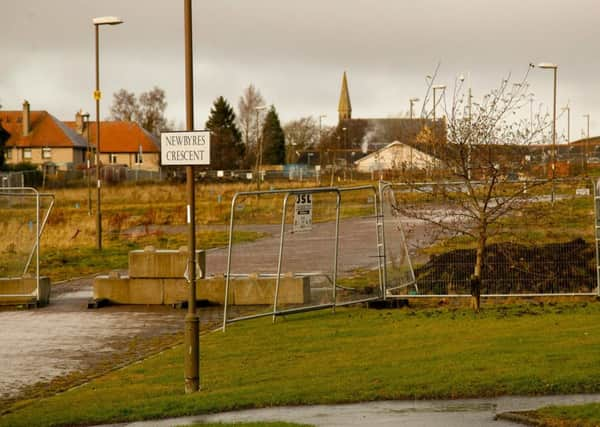Gorebridge incident sparks study into dangers of gas


Ministers are looking into the prospect of modifying building regulations after homes on a new-build estate in Gorebridge had to be destroyed a few years back after residents became ill when elevated levels of the gas were discovered.
Midlothian Council asked the Scottish Government to investigate why the houses weren’t fitted with protective gas membranes when they were built in 2009. Housebuilder Lovell insisted it followed instructions from the council’s design team when the properties were constructed.
Advertisement
Hide AdAdvertisement
Hide AdAn incident management report by NHS Lothian published last December 2017 into the incident found 22 residents from a total of 165 in a council estate complained of headaches, dry coughs, dizziness and anxiety between September 2013 and September 2014.
The investigation concluded that the high levels of carbon dioxide in their properties came from historic coal mines in the area. The seepage of CO2 into the houses was thought to have been associated with a number of potential pathways including un-grouted disused mine shafts, natural cracks in the ground and man-made interventions over time.
The incident management team’s report said it is “probably the most serious CO2 related incident in Scotland”.
The report made recommendations about Scottish building regulations and new builds. It advised that mine gas mitigation measures should be mandatory in new residential developments designated as former mining areas by the Coal Authority.
Advertisement
Hide AdAdvertisement
Hide AdSirling-based RSKW will now lead the new project to examine the extent of the problem Scotland and potential impacts on future housing developments. The project will be jointly delivered by RSKW and RSK’s geosciences division, based in Glasgow.
“We are very pleased to be carrying out this important project to assess the prevalence of carbon dioxide in disused mineral mines and the implications for residential buildings,” said Andrew Gunning, project manager at RSKW. The three-month project will cover all the former mining areas in Scotland and advise on necessary action.
Tom Henman, project technical adviser, RSK said: “This work will build on our previous experience of environmental research projects and supporting the development of technical guidance on ground gases.”